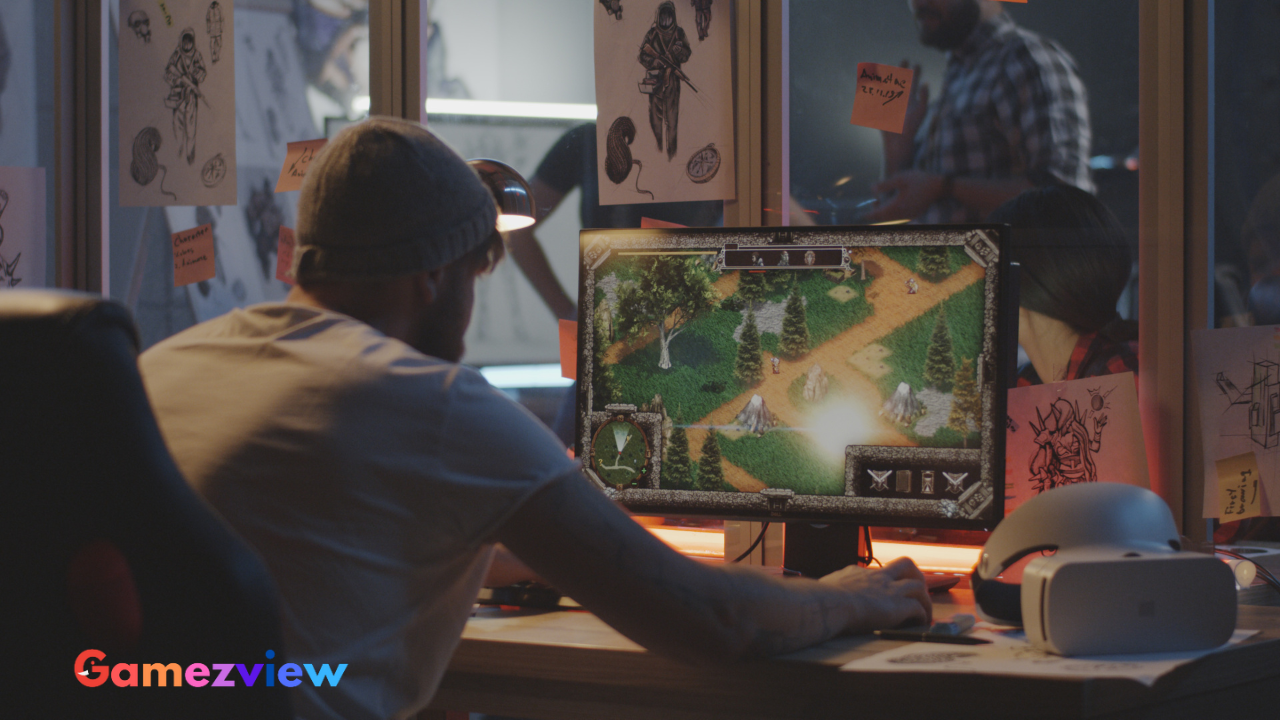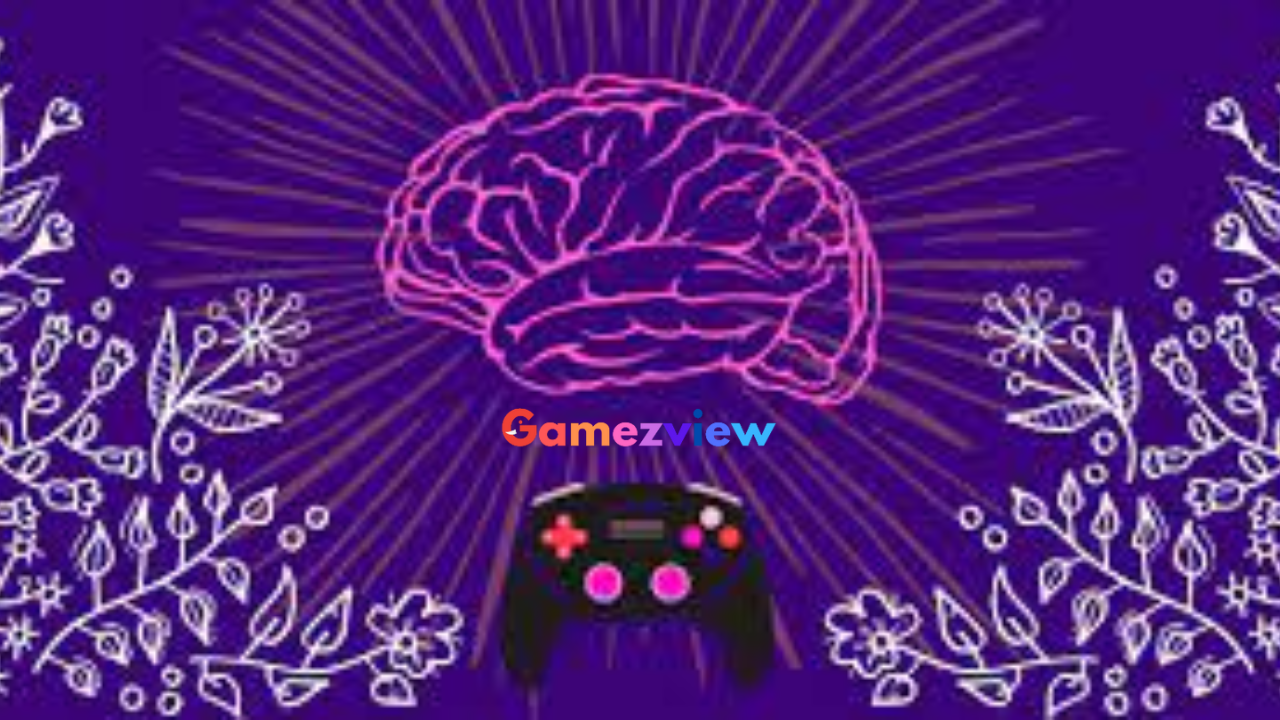What inspired you to become a game developer?
Aspiring game developers often wonder about the motivations behind choosing such a career path. The allure of game development lies in its unique blend of creativity, technology, and entertainment. Many developers have been inspired by their love for video games since childhood, while others are drawn to the challenges and possibilities of creating immersive digital experiences. The opportunity to bring stories to life, craft intricate worlds, and engage with players on a profound level serves as a driving force for countless individuals in the industry.
Can you share your journey to becoming a game developer?
The journey to becoming a game developer varies greatly from person to person. Some developers pursue formal education in computer science, game design, or related fields, while others are self-taught enthusiasts who learn through online tutorials, forums, and experimentation. Regardless of the path taken, persistence, passion, and a willingness to continuously learn and adapt are essential qualities for success in the competitive world of game development. Mentors, internships, and networking opportunities also play significant roles in shaping a developer’s career trajectory.
What are the biggest challenges you face as a game developer?
Game development is a complex and multifaceted process that presents numerous challenges at every stage. Technical hurdles, such as optimizing performance across various platforms and devices, debugging code, and implementing new technologies, are common obstacles faced by developers. Additionally, creative challenges, such as designing compelling gameplay mechanics, crafting immersive narratives, and balancing player feedback, require innovative thinking and problem-solving skills. Tight deadlines, budget constraints, and market competition further add to the pressures faced by developers in the fast-paced gaming industry.
How do you stay updated with the latest trends and technologies in game development?
Staying abreast of the latest trends and technologies is crucial for game developers to remain competitive and relevant in the ever-evolving industry. Many developers rely on a combination of sources, including industry publications, online forums, social media, and conferences, to stay informed about emerging technologies, design trends, and market insights. Experimentation with new tools, engines, and techniques, as well as participation in online communities and developer forums, also contribute to ongoing learning and skill development.
What advice do you have for aspiring game developers?
For aspiring game developers, the journey can be both challenging and rewarding. It’s essential to cultivate a strong foundation in programming, design principles, and project management, as well as to develop a portfolio showcasing your skills and creativity. Networking with fellow developers, seeking feedback from peers and mentors, and being open to constructive criticism are invaluable strategies for growth and improvement. Above all, perseverance, passion, and a genuine love for games are the keys to success in the dynamic and competitive field of game development.
What are some common misconceptions about game development?
Game development is often romanticized in popular media and culture, leading to several misconceptions about the realities of the profession. One common misconception is that game development is primarily about playing games all day, when in fact, it involves a significant amount of hard work, problem-solving, and collaboration. Another misconception is that game development guarantees fame and fortune, whereas the reality is that success in the industry requires dedication, skill, and often a fair amount of luck. Additionally, there’s a misconception that game development is only for highly technical individuals, overlooking the importance of creativity, storytelling, and design expertise in the field.
How do you approach storytelling in game development?
Storytelling plays a crucial role in creating immersive and engaging gaming experiences. Game developers employ various techniques, such as narrative design, character development, world-building, and player choice, to craft compelling stories that resonate with players. The interactive nature of games allows developers to explore unique narrative structures, nonlinear storytelling, and emergent gameplay experiences that empower players to shape their own stories within the game world. Collaboration between writers, designers, artists, and programmers is essential to ensuring that storytelling elements are seamlessly integrated into the gameplay experience.
What are some emerging trends in game development?
The game development landscape is constantly evolving, driven by advancements in technology, changes in player preferences, and shifts in market dynamics. Some emerging trends in the industry include the rise of virtual reality (VR) and augmented reality (AR) gaming, which offer new possibilities for immersive and interactive experiences. The growing popularity of indie games and the democratization of game development tools have led to a diverse range of innovative and experimental titles. Additionally, live service games, esports, and cross-platform play are reshaping the way games are created, distributed, and monetized, offering new opportunities and challenges for developers.
How do you balance creativity with technical constraints in game development?
Balancing creativity with technical constraints is a constant challenge for game developers. On one hand, developers strive to push the boundaries of innovation and creativity, pushing the limits of hardware and software to create groundbreaking experiences. On the other hand, they must navigate practical considerations such as performance optimization, platform compatibility, and budget constraints. Effective communication and collaboration between creative and technical teams are essential to finding solutions that satisfy both artistic vision and technical feasibility. Iterative development processes, prototyping, and playtesting help developers refine their ideas and find the right balance between creativity and technical constraints.
What are some key skills required to succeed in game development?
Game development is a multidisciplinary field that requires a diverse set of skills and expertise. Proficiency in programming languages such as C++, C#, or Python is essential for implementing game mechanics, AI algorithms, and user interfaces. Knowledge of game engines such as Unity or Unreal Engine, as well as familiarity with game design principles and methodologies, is also crucial for creating immersive and engaging experiences. Strong communication, problem-solving, and teamwork skills are invaluable for collaborating with artists, designers, and other members of the development team. Additionally, a passion for gaming, creativity, and a willingness to continuously learn and adapt to new technologies and trends are key attributes of successful game developers.
| Question | Summary |
|---|---|
| What inspired you to become a game developer? | Many game developers are inspired by their love for video games since childhood and the opportunity to bring stories to life and engage with players. |
| Can you share your journey to becoming a game developer? | The journey to becoming a game developer varies, with some pursuing formal education and others being self-taught enthusiasts. Persistence, passion, and continuous learning are essential qualities for success, along with mentorship and networking opportunities. |
| What are the biggest challenges you face as a game developer? | Game developers face technical hurdles, creative challenges, tight deadlines, budget constraints, and market competition in the fast-paced gaming industry. |
| How do you stay updated with the latest trends and technologies in game development? | Developers stay informed through industry publications, online forums, social media, conferences, experimentation with new tools, and participation in online communities. |
| What advice do you have for aspiring game developers? | Aspiring game developers should cultivate a strong foundation in programming and design, develop a portfolio, network with peers and mentors, seek feedback, and persevere in the face of challenges. |
| What are some common misconceptions about game development? | Common misconceptions include that game development is primarily about playing games all day, guarantees fame and fortune, and is only for highly technical individuals. The reality is that it involves hard work, dedication, and collaboration, and success requires skill and luck. |
| How do you approach storytelling in game development? | Storytelling in game development involves narrative design, character development, world-building, and player choice, with collaboration between writers, designers, artists, and programmers to integrate storytelling elements into the gameplay experience. |
| What are some emerging trends in game development? | Emerging trends include VR and AR gaming, indie games, live service games, esports, and cross-platform play, reshaping the way games are created, distributed, and monetized. |
| How do you balance creativity with technical constraints in game development? | Balancing creativity with technical constraints requires effective communication and collaboration between creative and technical teams, iterative development processes, prototyping, and playtesting to find solutions that satisfy both artistic vision and technical feasibility. |
| What are some key skills required to succeed in game development? | Key skills include proficiency in programming languages, knowledge of game engines and design principles, strong communication and teamwork skills, and a passion for gaming and continuous learning. |
FAQ
How can I become a game developer?
- Becoming a game developer requires a combination of education, skill development, networking, and perseverance. Consider pursuing formal education in computer science, game design, or related fields, while also learning through online tutorials, forums, and experimentation. Build a strong portfolio showcasing your skills and creativity, network with fellow developers, seek feedback from peers and mentors, and be open to continuous learning and adaptation.
What are some challenges in game development?
- Game development presents various challenges, including technical hurdles such as optimizing performance and debugging code, creative challenges like designing gameplay mechanics and balancing player feedback, as well as tight deadlines, budget constraints, and market competition. Overcoming these challenges requires problem-solving skills, collaboration, and resilience.
How do I stay updated with the latest trends in game development?
- To stay updated with the latest trends in game development, you can rely on industry publications, online forums, social media, conferences, and experimentation with new tools and technologies. Engage with online communities, participate in discussions, and follow industry experts and influencers to stay informed about emerging trends and technologies.
What skills are essential for game development?
- Essential skills for game development include proficiency in programming languages such as C++, C#, or Python, knowledge of game engines like Unity or Unreal Engine, familiarity with game design principles and methodologies, strong communication and teamwork skills, as well as a passion for gaming and continuous learning.
How important is storytelling in game development?
- Storytelling plays a crucial role in game development, as it helps create immersive and engaging experiences for players. Developers use narrative design, character development, world-building, and player choice to craft compelling stories that resonate with players and enhance the overall gameplay experience.
What are some misconceptions about game development?
- Common misconceptions about game development include the belief that it’s primarily about playing games all day, guarantees fame and fortune, and is only for highly technical individuals. In reality, game development involves hard work, dedication, and collaboration, and success requires skill, perseverance, and sometimes luck.
What advice do you have for aspiring game developers?
- For aspiring game developers, it’s essential to cultivate a strong foundation in programming and design, build a portfolio showcasing your skills and creativity, network with peers and mentors, seek feedback, and persevere in the face of challenges. Stay passionate about gaming, continuously learn and adapt to new technologies and trends, and don’t be afraid to take risks and pursue your dreams.







